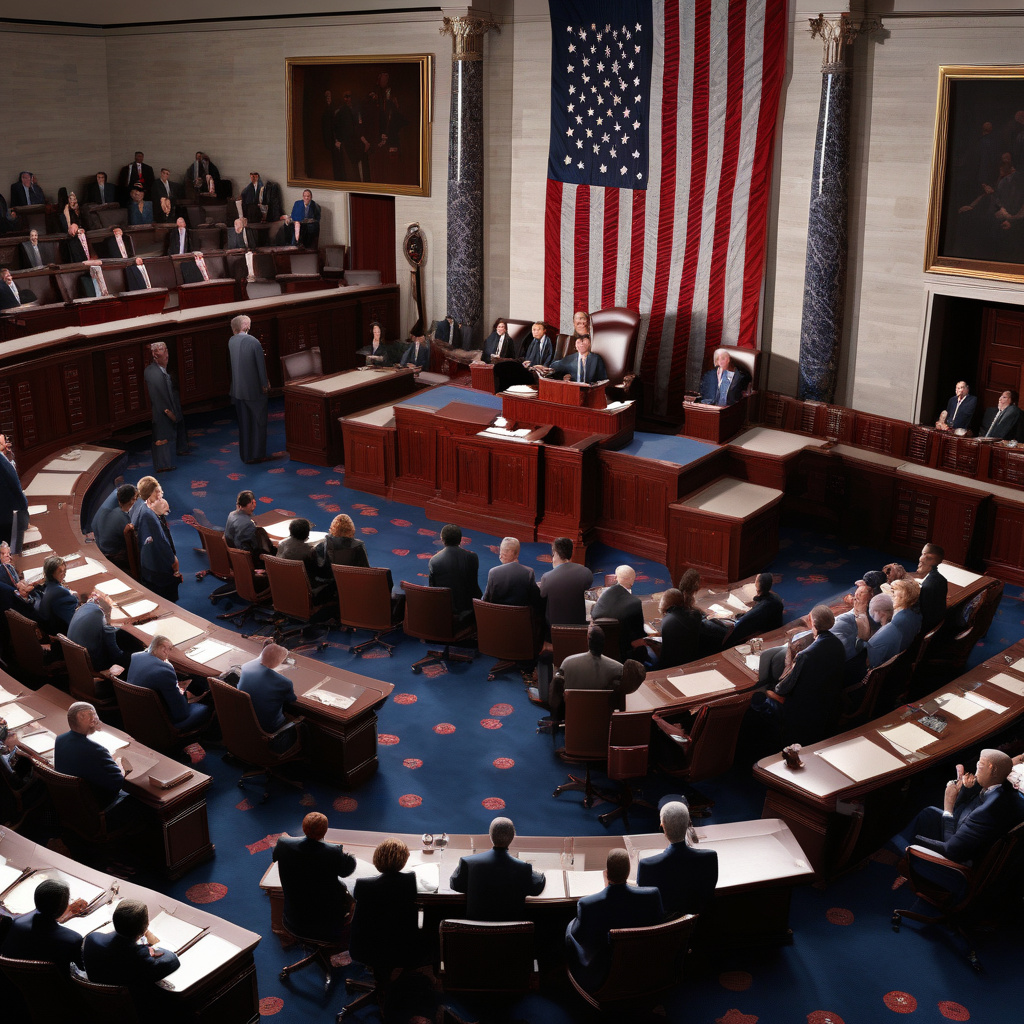In a potentially groundbreaking move, a federal proposal is on the horizon that could restrict states and local governments from enacting AI regulations for a substantial period of 10 years. Spearheaded by Sen. Ted Cruz and other legislators, this initiative is swiftly progressing towards being integrated into a significant GOP megabill before a crucial July 4 deadline. The implications of this development are far-reaching and deserve careful consideration within the tech and development sectors.
At the heart of this proposal lies a fundamental question: should AI governance be centralized at the federal level, or should states and local authorities retain the autonomy to shape regulations based on their unique circumstances? By advocating for a decade-long moratorium on state-led AI laws, proponents of the federal proposal argue for a cohesive and consistent approach to AI policy across the nation. This would potentially create a more predictable environment for AI developers and investors, reducing the burden of navigating a patchwork of state regulations.
However, the prospect of preempting state AI laws for such an extended period raises valid concerns about stifling innovation and impeding the ability of local governments to address AI-related challenges promptly. States have traditionally served as laboratories of democracy, experimenting with diverse policy solutions tailored to their specific needs. Blocking them from enacting AI regulations could limit the opportunity for agile responses to emerging AI technologies and their societal impacts.
Moreover, the pace of technological advancement in the AI domain necessitates a nimble regulatory framework that can swiftly adapt to new developments and evolving risks. A blanket prohibition on state AI laws for a decade may inadvertently hinder the agility required to address unforeseen ethical, privacy, and security issues that could arise in the rapidly evolving AI landscape. Balancing the need for consistency with the imperative of flexibility is a delicate task that demands nuanced deliberation.
From an industry perspective, the proposed federal intervention introduces a layer of certainty by establishing a clear regulatory landscape at the national level. This could potentially streamline compliance efforts for companies operating in multiple states, sparing them the complexities of compliance with disparate state regulations. However, it also raises concerns about the potential erosion of state-level innovation hubs and experimentation grounds that have historically fostered technological growth and diversity.
As the debate unfolds and the federal proposal inches closer to enactment, stakeholders in the tech and development sectors must closely monitor the implications of this significant regulatory intervention. The outcome of this legislative maneuver could shape the trajectory of AI governance in the United States for years to come, influencing innovation, competitiveness, and ethical considerations in the burgeoning field of artificial intelligence.
In conclusion, the potential blockage of state AI laws for a decade underscores the intricate interplay between federal oversight, state autonomy, innovation dynamics, and regulatory agility in the AI landscape. While seeking uniformity and predictability in AI governance is a laudable goal, it is equally crucial to preserve the capacity for local experimentation and responsive regulation in the face of rapid technological evolution. The implications of this federal proposal extend far beyond regulatory compliance, touching upon the very essence of how we navigate the opportunities and challenges presented by artificial intelligence in the digital age.

